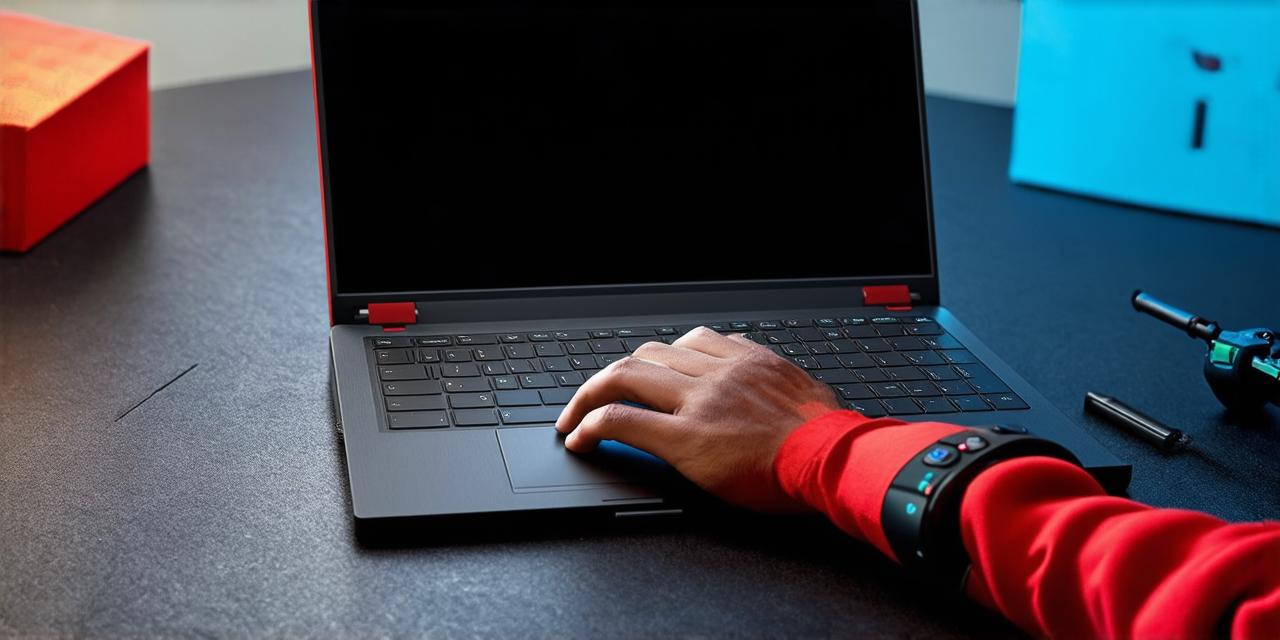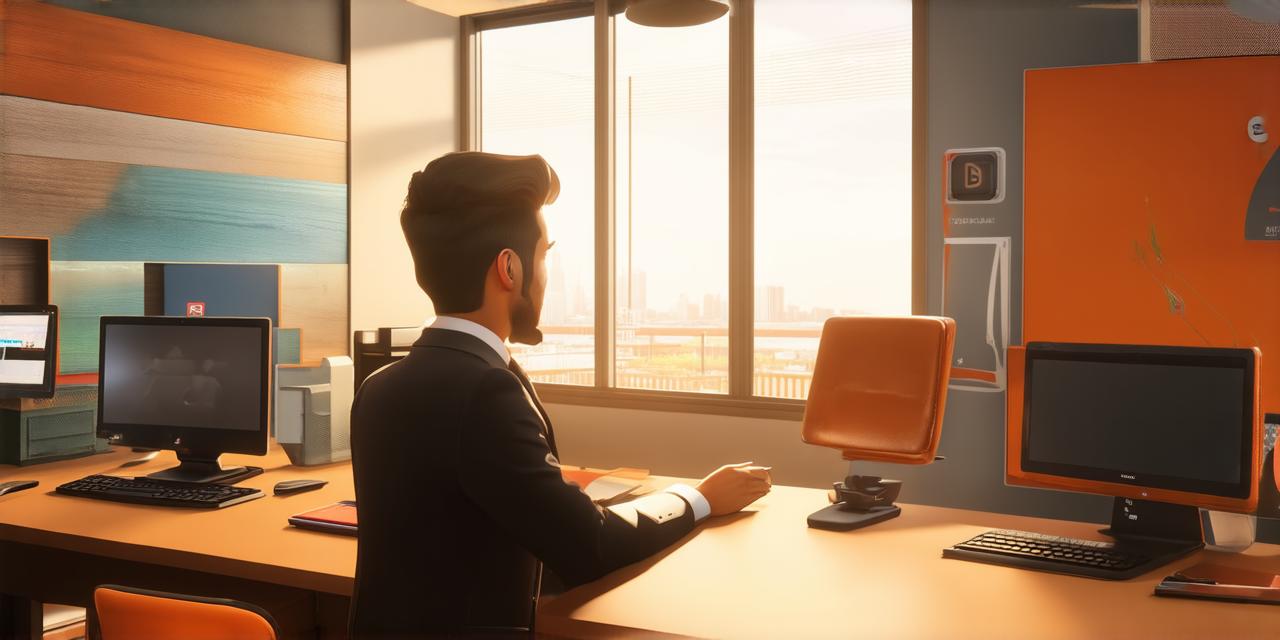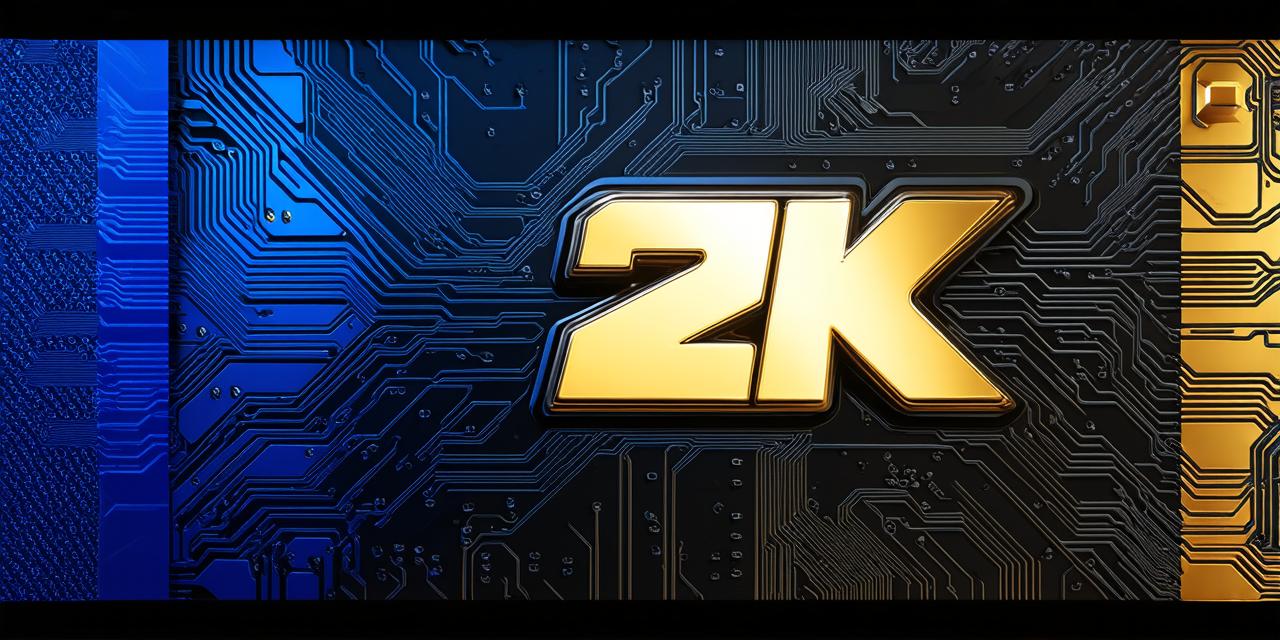Unity 3D is a popular game engine used by many developers around the world. With its intuitive interface and powerful functionality, it allows users to create everything from simple prototypes to full-blown games with ease. However, if you are an Unity 3D developer looking to take your projects on-the-go, you might be wondering if your laptop is powerful enough to handle the demands of running Unity. In this article, we will explore the factors that determine whether a laptop can run Unity and provide real-life examples of laptops that meet the requirements.
Processor (CPU)
Unity requires a minimum of an Intel Core i5-2310 or AMD FX-6300 processor. However, for more demanding projects, you may need a more powerful CPU such as an Intel Core i7 or AMD Ryzen 9.
Graphics Card (GPU)
Unity supports both integrated graphics and dedicated GPUs. For best performance, you will want to use a dedicated GPU such as NVIDIA GeForce GTX or AMD Radeon RX series. However, some laptops may come with integrated graphics that are sufficient for basic Unity projects.
RAM (Memory)
Unity requires a minimum of 4GB of RAM, but for more complex projects, you may need up to 16GB. Keep in mind that having more RAM can also improve overall system performance and reduce load times.
Storage
Unity supports both hard drives (HDDs) and solid-state drives (SSDs). For optimal performance, you will want to use an SSD as it provides faster read and write speeds than an HDD.
Real-Life Examples of Laptops That Meet the Requirements
ASUS ROG Zephyrus G14
The ASUS ROG Zephyrus G14 is a powerful gaming laptop that is capable of running Unity with ease. It features an AMD Ryzen 9 processor, NVIDIA GeForce RTX 3060 GPU, 16GB of RAM, and a 512GB SSD.
Dell Inspiron 15 7000
The Dell Inspiron 15 7000 is another great option for Unity developers. It comes with an Intel Core i7 processor, NVIDIA GeForce GTX 1050 Ti GPU, 8GB of RAM, and a 256GB SSD. While it may not be the most powerful laptop on the market, it is still capable of running Unity with ease.
HP Omen 15
The HP Omen 15 is a gaming laptop that is well-suited for Unity development. It features an Intel Core i7 processor, NVIDIA GeForce RTX 2060 GPU, 16GB of RAM, and a 512GB SSD. With these specifications, it can handle even the most demanding Unity projects.
Optimizing Laptop Performance for Unity Development

Once you have determined that your laptop is capable of running Unity, there are a few things you can do to optimize its performance for development. These include closing unnecessary programs and processes, adjusting graphics settings, and upgrading storage if necessary.
Closing unnecessary programs and processes can free up resources and improve overall system performance. Adjusting graphics settings such as reducing the quality of textures or disabling certain effects can also help to reduce load times and improve performance. Upgrading storage to an SSD can provide faster read and write speeds, which can also improve overall system performance.




